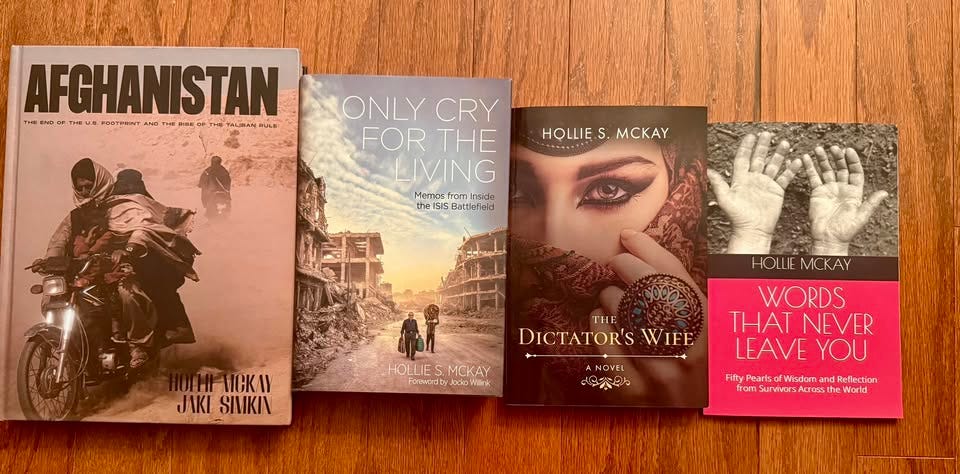In a time where bitterness too often bleeds into the bloodstream of public life, where headlines shock, algorithms divide, and shouting into the void of social media masquerades as dialogue, there is still one human quality that defies the noise. It doesn’t belong to any political tribe. It isn’t bound by borders or belief systems. And yet, it has the power to break generational cycles of pain, mend fractured communities, and tether us back to something deeply human.
That thing is empathy.
Not Weakness, But Strength
Empathy is frequently misunderstood. People equate it with softness, as if to care is to cave. As if tenderness dulls the edge of strength. But that’s a narrow, and frankly dangerous, misconception.
I’ve seen empathy on the frontlines of warzones: in the exhausted eyes of a medic stitching wounds under shellfire, in the quiet courage of a mother comforting her starving child in a refugee tent. I’ve seen it in men who’ve lost everything but still choose not to hate. That is not weakness. That is resilience, layered with humanity.
Leaders like Nelson Mandela didn’t rise through vengeance. He rose by refusing to mirror his oppressors. Abraham Lincoln led a torn nation with a heart heavy with empathy, choosing reconciliation over retribution. Even Sun Tzu, the ancient military strategist, wrote: “If you know the enemy and know yourself, you need not fear the result of a hundred battles.”
That’s not just strategy—it’s soul work. To lead well is to understand deeply. And to understand deeply, we must feel.
Why It Matters
Empathy redefines how we interact. It reminds us that behind every angry post, every bad decision, every seemingly cold act, there’s likely a story—a wound, a worry, a moment in time where someone wasn’t seen or heard. And that awareness changes everything.
In boardrooms, it sparks collaboration. In families, it saves relationships. In politics, it could mend an unraveling democracy. In conflict zones, it’s often the last fragile thread between survival and collapse.
Movements that have truly changed the world; civil rights, women’s rights, climate action, anti-genocide efforts have all been ignited by the simple but revolutionary act of seeing someone else’s pain and saying, "That’s not okay, and I won’t turn away."
From Global to Personal
I’ve sat with child brides in India, burn victims from Syria, displaced mothers in Sudan. Each story has wrecked and rebuilt me. But I’ve also felt the same yearning—need for safety, for connection, for love—in the mothers I meet in Middle America, in the emails from strangers navigating loss, in the mirror on hard days.
Empathy makes the foreign familiar. It makes the overwhelming personal.
How We Start
It begins at home, in the way we listen to our children, in how we respond to a partner’s fear or a friend’s silence. It lives in our willingness to pause before judging, to ask one more question before dismissing, to sit in discomfort rather than shut it down.
It's a kind word when it's least expected. It’s standing up for someone who can’t. It's holding eye contact when the world wants to look away.
And it’s contagious.
The more we practice empathy, the more we grow it—in ourselves, in others, in the wider ecosystem of humanity. Unlike power or money, empathy doesn’t deplete when shared. It expands.
The Road to Something Better
If we want a world that’s more just, more kind, more livable—not just for some, but for all—empathy must be our North Star. We cannot scream each other into submission or legislate our way into decency. Change begins in the heart.
Empathy is not weakness. It’s wisdom. It’s strategy. It’s survival. It’s leadership.
Most of all, it’s hope

THANK YOU SO MUCH FOR YOUR SUPPORT. PLEASE CONSIDER A PAID SUBSCRIPTION TO KEEP INDIE JOURNALISM ALIVE.
For speaking queries please contact meta@metaspeakers.org
For ghostwriting, personalized mentoring or other writing/work-related queries please contact hollie@holliemckay.com




Thanks for this encouraging post. I feel like you truly understand the concept of walking a mile in someone else's shoes.